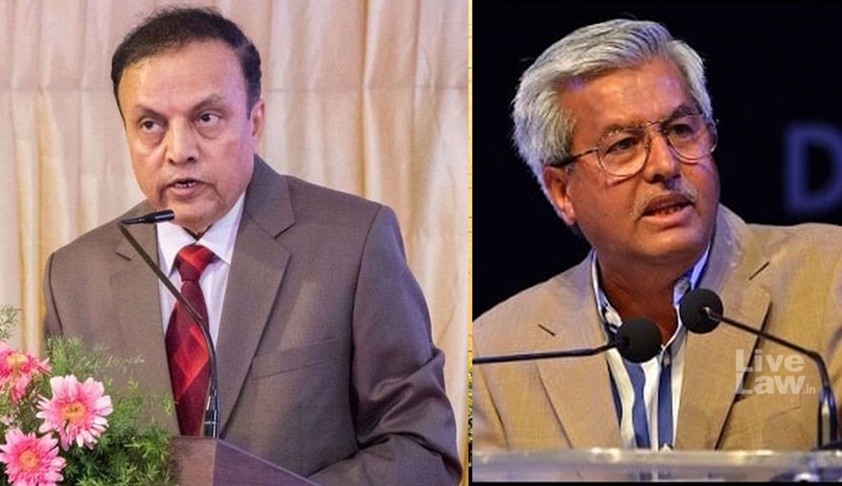The Supreme Court collegium, headed by Chief Justice Dipak Misra, has reportedly resolved to devise a procedure to streamline the selection and transfer of Judges.“There have been several instances in the past when the government sat on earlier recommendations for appointment of persons as HC judges while accepting later recommendations.This creates imbalance in seniority among HC judges in...

